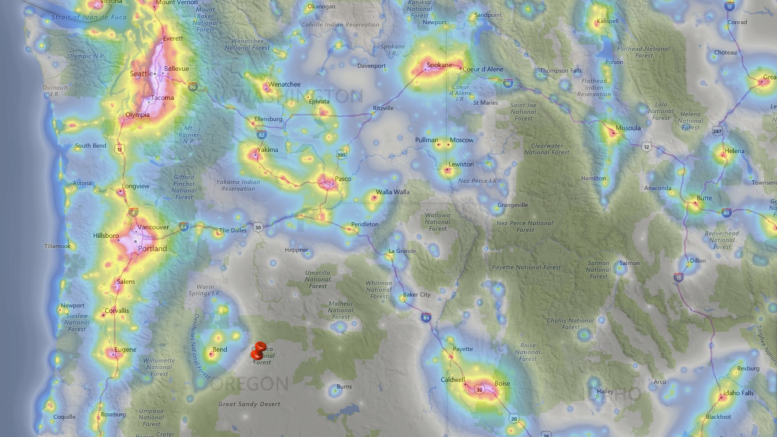COVID has meant more people can work remote. This is a positive since it could provide more flexibility. With this change, large cities also will need to rethink how they are laid out and planned to keep existing workers. Hopefully a positive change is to reduce unnecessary light pollution to help make cities more livable. This would definitely help reduce pollution but only time will tell if this happens. However, it has potential negative consequences for light pollution.
what is this negative? Well, if I don’t have to commute, I can work wherever. This might mean I can go to a rural area and buy a farm. And if I build up the farm, it means more lights in an area that might not have had them.
Another consideration is those who move to more rural areas and can work remotely. This means more buildings and more lights. This might be good for rural cities looking to attract more people but if not planned with light pollution in mind, things will get worse.
What do you think? Did we miss anything? Let us know in the comments below or via social media. We post articles regularly, on a weekly basis, so come back next week for more articles like this!

The good news is that these issues are moot in Oregon where we have long had progressive state land use rules that protect rural areas from this kind of build-up. Few can go out and buy a farm in lands designated EFU because the minimum lot acreage is pretty large to keep agriculture land in agricultural production. The same is true with areas designated for forest use.